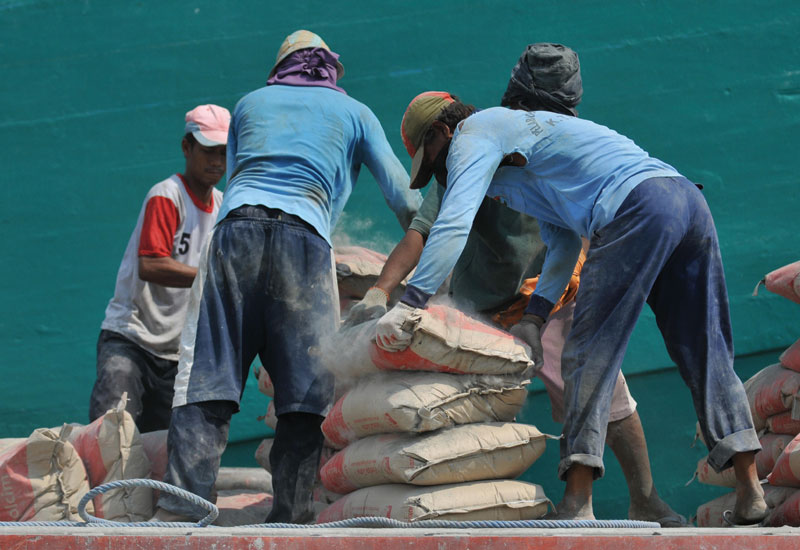Reuters – The private sector arm of the Jeddah-based Islamic Development Bank plans to increase its activities in Africa, part of plans to widen the appeal of Islamic finance across the region, its chief executive said.
Established in 1999, the Islamic Corporation for the Development of the Private Sector (ICD) supports the economic development of its 51 member countries by financing private sector projects which follow Islamic principles.
Under a new strategy, the ICD is helping develop what it terms “Islamic finance channels” to spread Sharia-compliant financial products more widely, ICD chief executive Khaled Al-Aboodi told Reuters.
Such channels include Islamic banks, investment and ijara (Islamic leasing) companies, and takaful (Islamic insurance) and retakaful firms, Al-Aboodi said.
Africa represents around 12% of the ICD’s cumulative investment approvals since inception, and this figure is expected to rise in coming years as projects come on line.
Some of the projects will be led by Senegal-based Tamweel Africa Holding, jointly owned by the ICD and Turkey’s Bank Asya; Tamweel already holds stakes in Islamic banks in Senegal, Niger, Guinea and Mauritania.
Tamweel will establish an Islamic bank in Benin and is finalising a feasibility study for one in Mali, Al-Aboodi said. “We have prepared detailed projections for both banks which will be presented to the board for final approval,” he added without specifying the size of the banks.
In Chad, the ICD is supporting the establishment of an Islamic bank and a leasing company; both are to start operations as soon as they receive final approval from local authorities.
In Tunisia, the ICD has teamed up with the newly created sovereign wealth fund, Caisse de Depot de Tunisie, to set up a $30m fund to support local businesses.
“Replication of this model in other member countries is under review,” said Al-Aboodi.
“North Africa represents a large and still untapped market of 190 million people. With the Arab Spring and the changing political map there are huge opportunities in these countries.”
Last month, the ICD tied up with Casablanca-based Al Ajial Funds, a unit of sovereign wealth fund Kuwait Investment Authority, to invest in Morocco’s private sector.
While activity in Africa grows, the ICD also hopes to improve access to Sharia-compliant financing for small and medium-sized enterprises (SMEs) across Muslim countries, Al-Aboodi said.
“This is an important sector in all the member countries, including the higher income ones. ICD is now focusing on this sector by extending lines of finance to local banks and establishing ijara leasing companies and investment funds.”
The ICD already has a network of ijara companies in Azerbaijan, Uzbekistan, Tajikistan, Kazakhstan and Albania, while it helped to establish the Euroasian Leasing Co in the Russian republic of Tatarstan.
The Palestinian territories could soon join the list as the first ijara firm in that market readies for launch, a $12m company aimed at improving financing access for local SMEs with ICD participation, said Al-Aboodi.
“Currently, the Palestine Ijara Company is getting all required licenses and authorisations. The location was rented and equipped. The recruitment process is in its final stage.”
In Kazakhstan, the ICD plans to invest up to 35% of the subscribed and paid-up capital of Zaman Bank and convert it into the country’s second Islamic bank. No time frame was given for that plan.
Also in Kazakhstan, the ICD is involved in launching a $50m Sharia-compliant renewable energy fund with the country’s National Agency for Technological Development.
Last year, the ICD established the first SME investment fund in Saudi Arabia with a target size of SAR 1bn.



